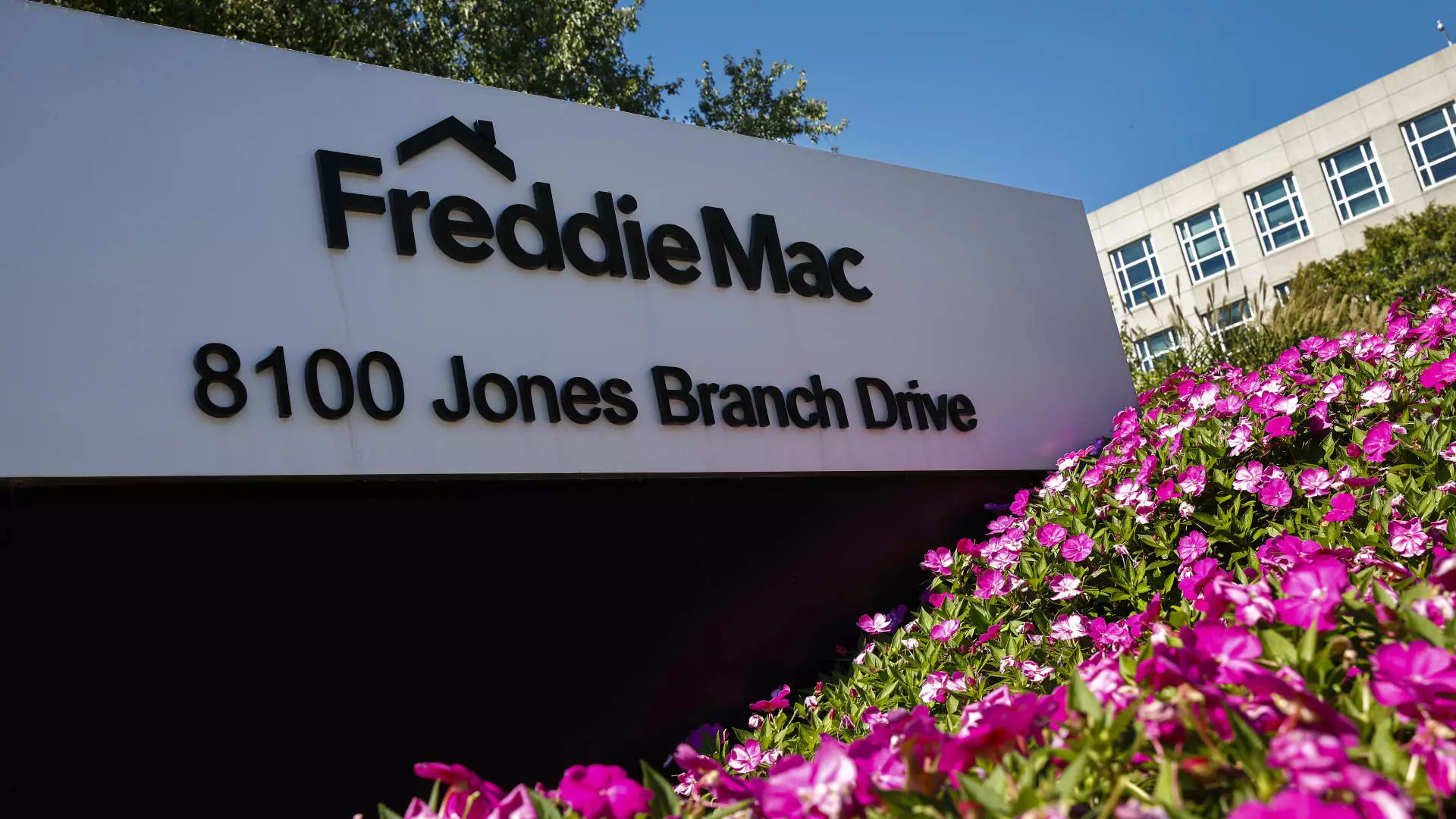In a daring move, the Federal Housing Finance Agency (FHFA) has taken a groundbreaking step by mandating that Fannie Mae and Freddie Mac begin to recognize cryptocurrency as a legitimate asset in the assessment of single-family mortgage loans. This initiative, articulated by FHFA Director William J. Pulte, showcases an audacious leap into the future where digital currency is not merely a speculative asset but a credible component of household financial portfolios. This pivot aligns with a broader vision to elevate the United States as a leader in the global crypto landscape.
Addressing Historical Hesitations
For years, cryptocurrency has faced skepticism from traditional finance institutions, mainly due to its notorious volatility and regulatory ambiguity. These historical reservations kept many innovative financial solutions at bay, limiting the full potential of cryptocurrencies as serious assets in mortgage lending. This new directive is a paradigm shift, approaching digital currencies with the seriousness and respect they have long deserved, despite their tumultuous past. By integrating crypto into the assessment framework, we witness a gradual dissolution of the barriers that have stifled innovation in financial markets.
Evading Obsolete Frameworks
The FHFA’s decision offers an exciting glimpse into a future where borrowers can utilize their digital assets without needing to convert them into U.S. dollars before securing financing. This is a critical advancement that acknowledges crypto’s potential for wealth generation. It signals a departure from outdated concepts that have dictated underwriting frameworks for decades. Still, the cautious approach of requiring crypto to be stored on U.S.-regulated exchanges reflects a pragmatic acknowledgment of existing risks, providing a safety net for lenders while promoting innovation.
Monitoring Market Volatility
One of the biggest challenges that accompany the integration of cryptocurrencies into mortgage assessments is their inherent market volatility. While acknowledging this instability, the directive mandates the construction of rigorous internal adjustments. Fannie Mae and Freddie Mac are being instructed to enhance their underwriting standards to ensure that the volatility associated with crypto does not jeopardize the integrity of the loans. This careful balance is crucial as it ensures that risk is managed without stifling the opportunity for potential borrowers who wish to capitalize on their digital assets.
The Future of Home Ownership
The implications of this directive are profound. As institutions increasingly embrace cryptocurrency, what once seemed like a fringe investment option is gradually taking its place in the mainstream financial system. This growth opens new doors for potential homeowners, allowing them to leverage alternative assets and paving the way for a generation of financial inclusivity. By recognizing cryptocurrencies as valid forms of collateral, we are slowly but surely redefining the landscape of home lending in America.
This shift is not just beneficial for borrowers; it is pivotal for the entire economy. As we grapple with rising home prices and limited inventory, enabling diverse asset utilization could stimulate the housing market in unprecedented ways.

